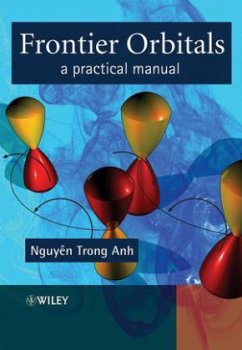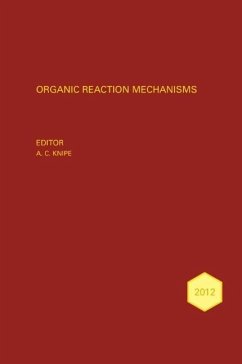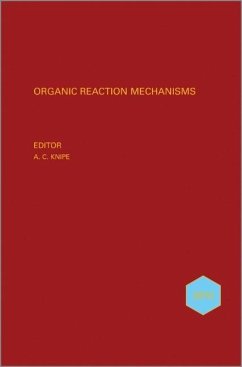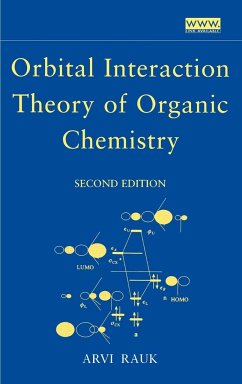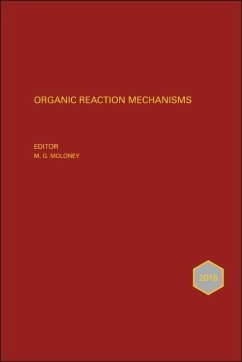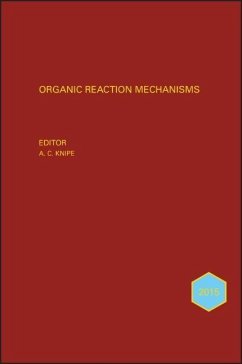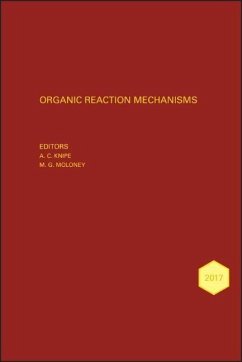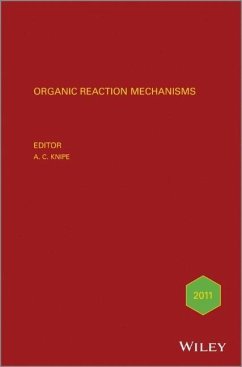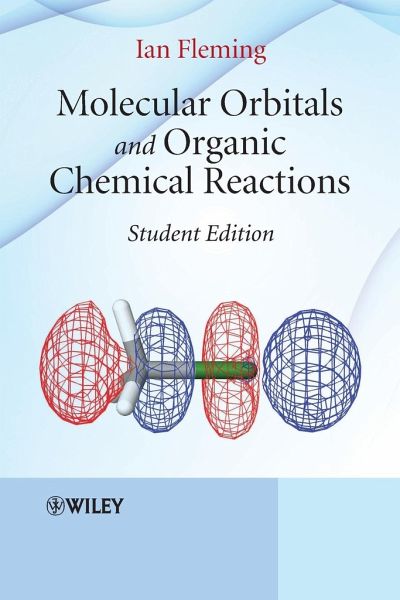
Molecular Orbitals and Organic Chemical Reactions
Versandkostenfrei!
Versandfertig in 2-4 Wochen
60,99 €
inkl. MwSt.
Weitere Ausgaben:

PAYBACK Punkte
30 °P sammeln!
As a sequel to Frontier Orbitals, Molecular Orbitals and Organic Chemical Reactions is both a simplified account of molecular orbital theory and a review of its applications in organic chemistry. This text provides a basic introduction to organic chemistry with illustrative examples. This book presents topics like structures of organic molecules, molecular orbital theory, chemical reactions, and more through a non-mathematical, accessible manner. Every organic chemist, whether student or research worker, mathematically competent or not, will find this text vital to the understanding of molecular orbital theory and organic chemistry.
Molecular orbital theory is used by chemists to describe the arrangement of electrons in chemical structures. It is also a theory capable of giving some insight into the forces involved in the making and breaking of chemical bonds--the chemical reactions that are often the focus of an organic chemist's interest. Organic chemists with a serious interest in understanding and explaining their work usually express their ideas in molecular orbital terms, so much so that it is now an essential component of every organic chemist's skills to have some acquaintance with molecular orbital theory.
Molecular Orbitals and Organic Chemical Reactions is both a simplified account of molecular orbital theory and a review of its applications in organic chemistry; it provides a basic introduction to the subject and a wealth of illustrative examples. In this book molecular orbital theory is presented in a much simplified, and entirely non-mathematical language, accessible to every organic chemist, whether student or research worker, whether mathematically competent or not. Topics covered include:
Molecular Orbital Theory
Molecular Orbitals and the Structures of Organic Molecules
Chemical Reactions -- How Far and How Fast
Ionic Reactions -- Reactivity
Ionic Reactions -- Stereochemistry
Pericyclic Reactions
Radical Reactions
Photochemical Reactions
Molecular Orbitals and Organic Chemical Reactions: Student Edition is an invaluable first textbook on this important subject for students of organic, physical organic and computational chemistry.
"The new "Fleming" is a must for every lecturer and every student of chemistry--a fantastic book. In this new form the textbook will last for another 30 years and remain as fresh as did its predecessor!" - Angewandte Chemie International Edition
Molecular Orbitals and Organic Chemical Reactions is both a simplified account of molecular orbital theory and a review of its applications in organic chemistry; it provides a basic introduction to the subject and a wealth of illustrative examples. In this book molecular orbital theory is presented in a much simplified, and entirely non-mathematical language, accessible to every organic chemist, whether student or research worker, whether mathematically competent or not. Topics covered include:
Molecular Orbital Theory
Molecular Orbitals and the Structures of Organic Molecules
Chemical Reactions -- How Far and How Fast
Ionic Reactions -- Reactivity
Ionic Reactions -- Stereochemistry
Pericyclic Reactions
Radical Reactions
Photochemical Reactions
Molecular Orbitals and Organic Chemical Reactions: Student Edition is an invaluable first textbook on this important subject for students of organic, physical organic and computational chemistry.
"The new "Fleming" is a must for every lecturer and every student of chemistry--a fantastic book. In this new form the textbook will last for another 30 years and remain as fresh as did its predecessor!" - Angewandte Chemie International Edition





